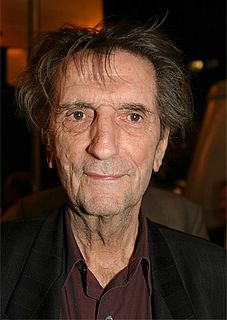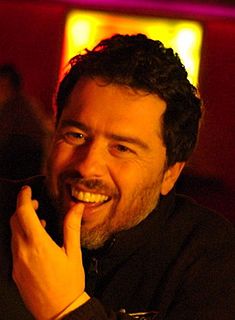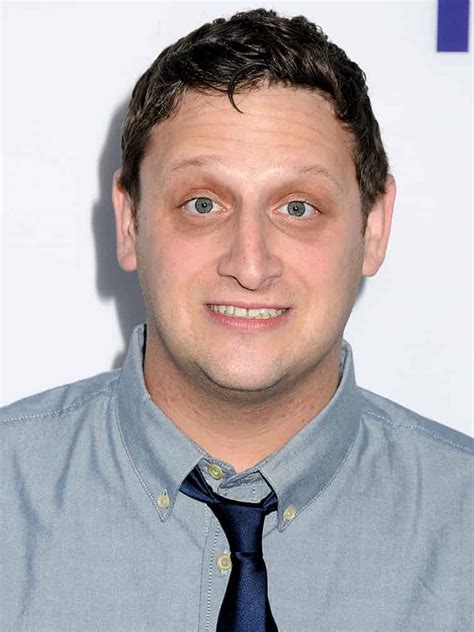A Quote by Dario Argento
I remembered watching the film from Alfred Hitchcock, 'Dial M for Murder,' and he shot almost all of that movie in one room. There was a genius in what Hitchcock did by manipulating things in that room so that you could see the distances between things like the tables and the vases because of how he used perspective.
Related Quotes
When you take on Hitchcock you know it's gonna provoke some sort of controversy, because there were so many people talking about the book [Stephen Rebello's Alfred Hitchcock and the Making of Psycho] and wanting it to be the film about the making of this movie [Psycho]. But that's been done. That's been done in the book, and Stephen Rebello himself was like, "I want a movie which is an entertainment for the audience." So we made the conscious decision.
I went to film school and studied Alfred Hitchcock. I knew of Alma Reville existence, but had no idea really who she was or how influential she was on him. She stayed in the shadows. Go online, and there are hardly any images or film of her. She really stayed out of the limelight on purpose. She didn't want it, and I think that's one of the reasons that she's really lost in the shadows of Hitchcock's history to a degree.
There are many stories of people didn't set out to make a film that became a classic - the whole process was a disaster, everybody hated each other, the movie itself was a disaster, everybody thought the movie and the script was going to be a piece of crap. Look at Alfred Hitchcock and Psycho. Nobody wanted to make Psycho; it was crap to them. The only person that wanted to make Psycho was Hitchcock. Now, it's considered a classic and a work of art.
Film works when a director and a star have a connection. You know, when there's something telekinetic between them, there's a partnership, it's like alter egos. It's like James Stewart and Alfred Hitchcock, or Fellini and Mastroianni. I'm not comparing, I'm just saying, if you can come into a relationship where the director and star have such a bond, it's so much easier to make a movie.
It's Toby Jones playing Alfred Hitchcock, not Alfred Hitchcock. We all felt that his silhouette was crucial, so his nose and lips were crucial as well. We had to build it out a bit to get the silhouette. But, with my nose being so small within the proportion of my face, the first nose was too big. I felt like a nose on parade.

































